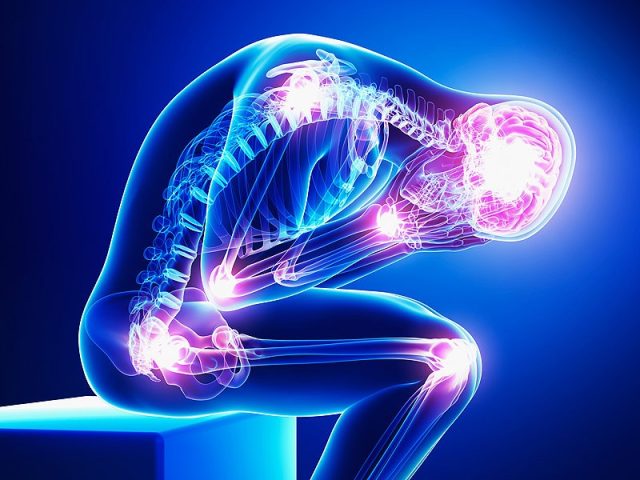
People who are experiencing chronic pain do not only suffer physically; this problem also impacts a person’s psychology and thus, affecting his or her quality of life if not given proper solution. Mental health is interconnected and also depends on our physical health that’s why if we don’t know how to deal about it psychologically, having chronic pain will surely bring troubles on our mental aspect; therefore affecting our capacity to deal and cope with challenges and daily tasks.
The Important Role of Rest
If you are experiencing chronic pain, the first thing you might need to do is make sure you can rest well anytime you want or when it’s necessary. This is because rest is very important for our body to fight inflammation and even diseases that are causing pain in the first place. Enough rest and sleep help strengthen our immune system and strong immune response facilitates healing and prevent inflammation. It is important to have a good sleep especially during the evening, where having a totally dark room is possible. The absence of light during our sleep enables the melatonin in our body to do it’s role in healing.
Why Mind Your Diet?
However, to be able to have enough rest, of course it is necessary to be mindful about your diet. As we all know already, there are certain foods that affect our body’s ability to easily put itself to rest. For example, if you can’t avoid drinking caffeinated beverages, make sure you only consume very little so that it cannot totally affect your sleeping pattern. However, the best thing to do really is to avoid it or just consume it very rarely, in a very small amount. So this is why proper nutrition that are high with vitamins and minerals is very important to have not only that it facilitates good rest for our body and for our brain but is also lessens or even alleviates the suffering caused by chronic pain.
Some things to look out when it comes to diet are substances or ingredients in the food that we eat, especially the processed ones that you get from groceries. Drinking a very little amount of caffeine is not going to greatly affect your quality of sleep but beverages that has high amount of sugar or those which have artificial sweeteners (aspartame) will of course make the disease or the pain worst. Aspartame, which comes with many different names nowadays (one must also be very vigilant about), has been proven to cause many kinds of health problems and also found to be one of the major causes of inflammation. It was also linked to diabetes and even brain cancer that’s why this ingredient must be avoided at all cost.
The Role of Positive Psychology
The next thing a person with chronic pain must do is manage worries and practice positive attitude. Positive thinking is proven to be effective not only in dealing with pain but also in facilitating therapy in general as it programs our neuro-biology towards hope and healing. These abstract thoughts in our mind manifest positively into our physical brain therefore, helping us in dealing with anxieties and stress caused by worrying. One example for this is the “placebo effect” or what others also termed the “technology of belief”, where a person’s belief enables them to heal from a disease. By believing, one must exert sincere actions. As demonstrated by Dr. Masaru Emoto in his water experiment, the power of thoughts can really impact our physical objects, most especially water. As we all know, our body is mostly made up of water molecules.
There are probably more practical ways to deal with chronic pain. However, these examples alone will help a lot especially when there is proper medication. Proper medication means using natural method that does not cause harmful side effects. Always remember that most pain relief medicines that you can get from the pharmacy also come with toxic ingredients that can also give you another health problem. Lastly, educating your self is the one of the most important basic things to do in dealing with chronic pain.
References:
- https://www.floridamedicalclinic.com/blog/psychological-impact-chronic-pain/
- https://fountainmagazine.com/2019/issue-132-nov-dec-2019/water-the-power-of-positivity-and-education
- Featured image: https://backpainok.com/blog/positive-psychology-for-chronic-pain-after-car-accident/





